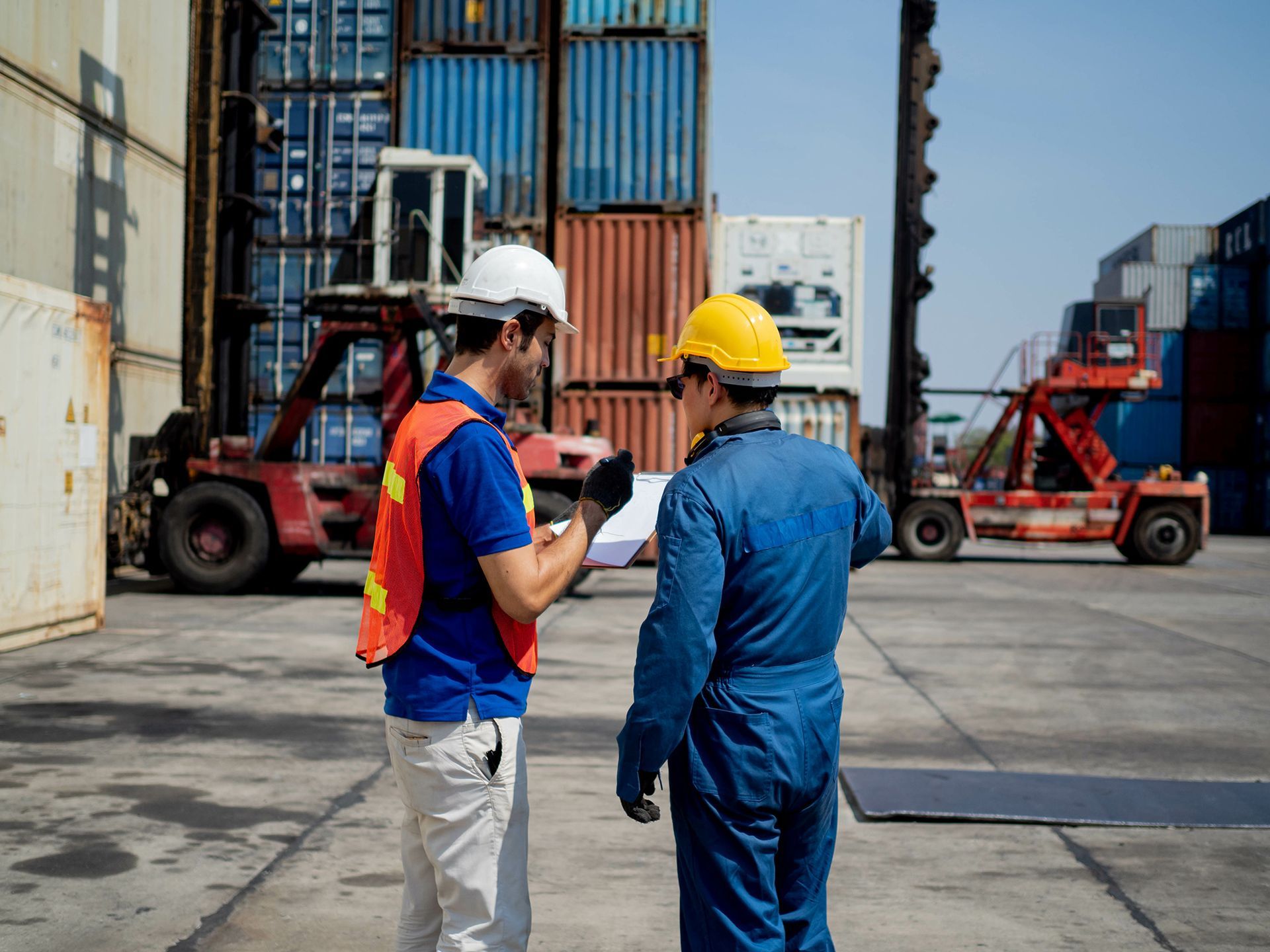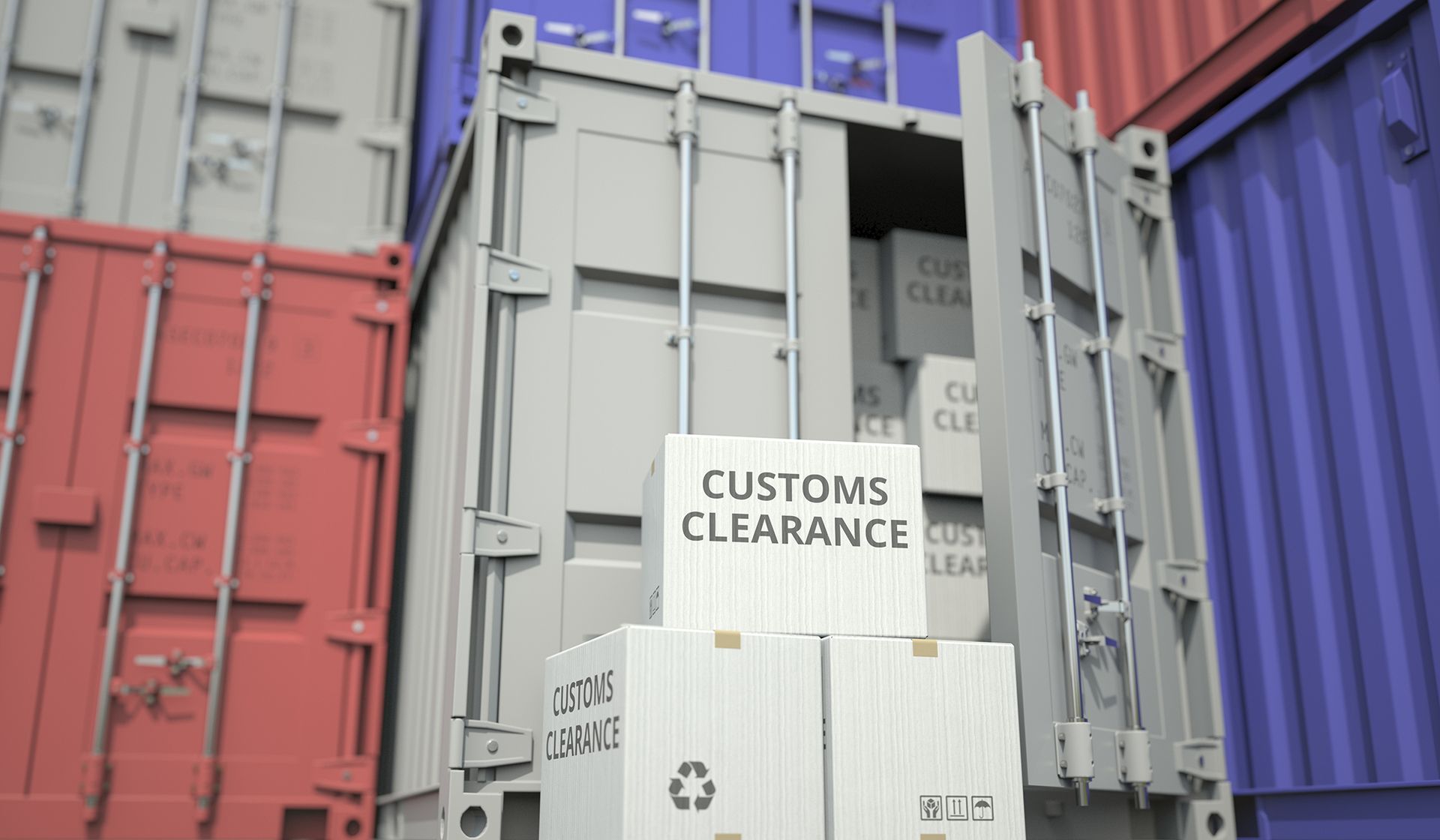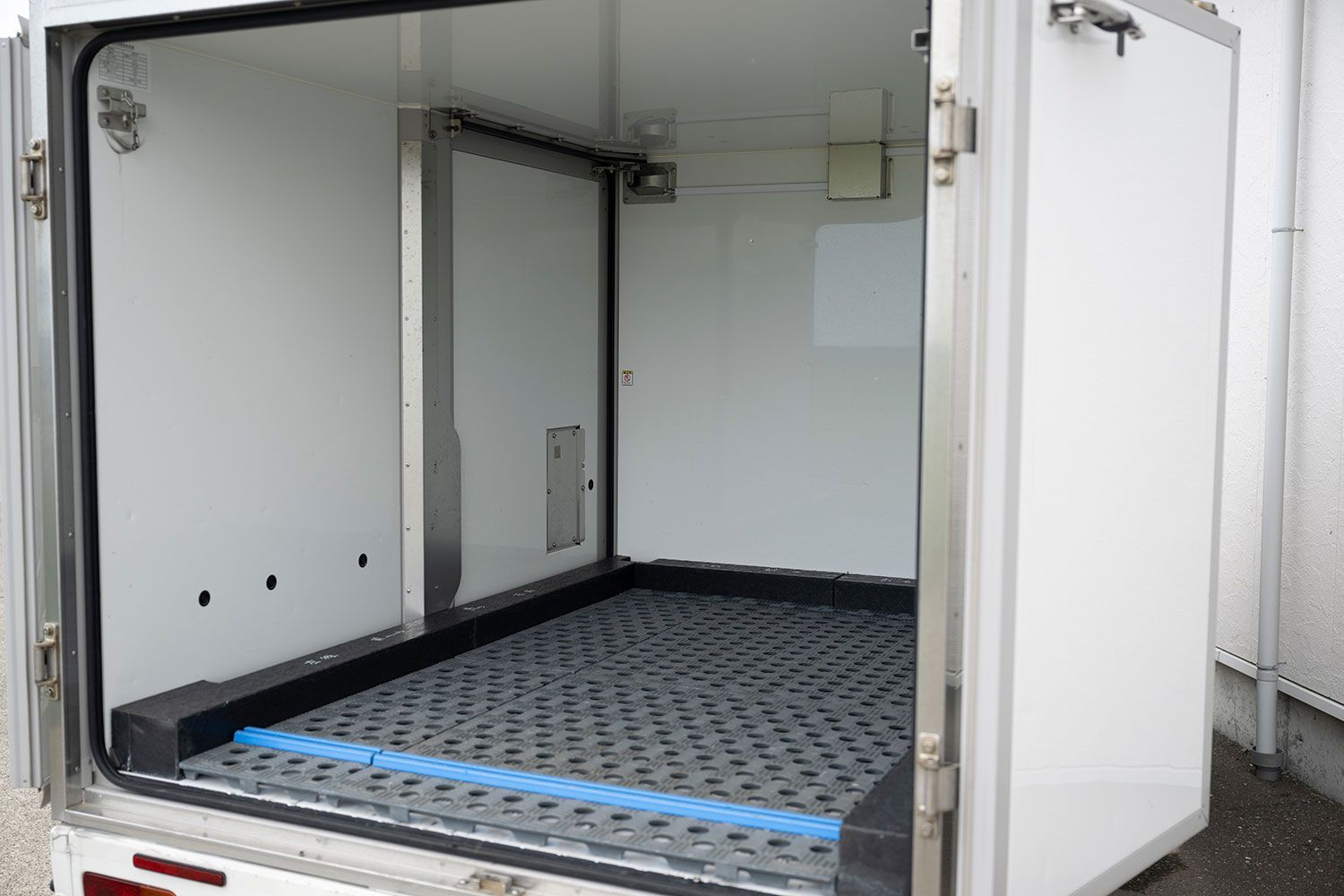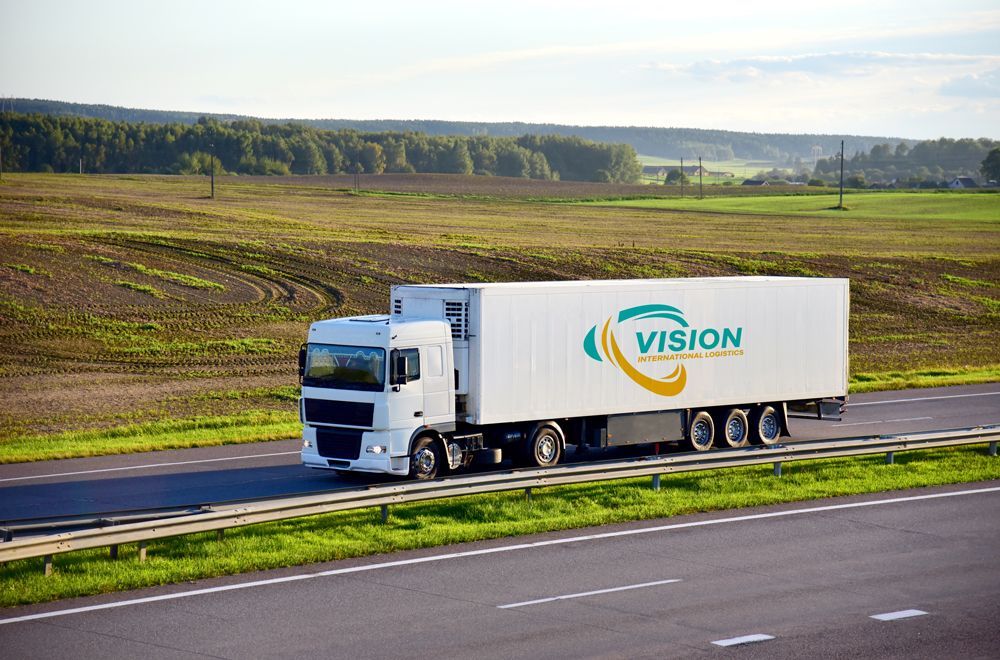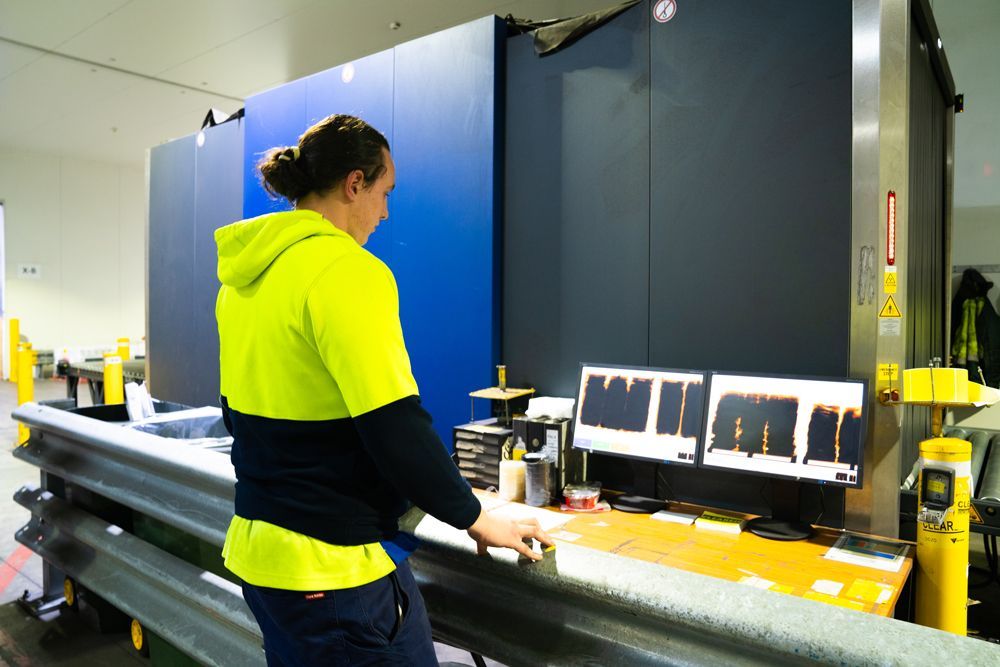Behind the Scenes - A Day in the Life of a Brisbane Freight Forwarder
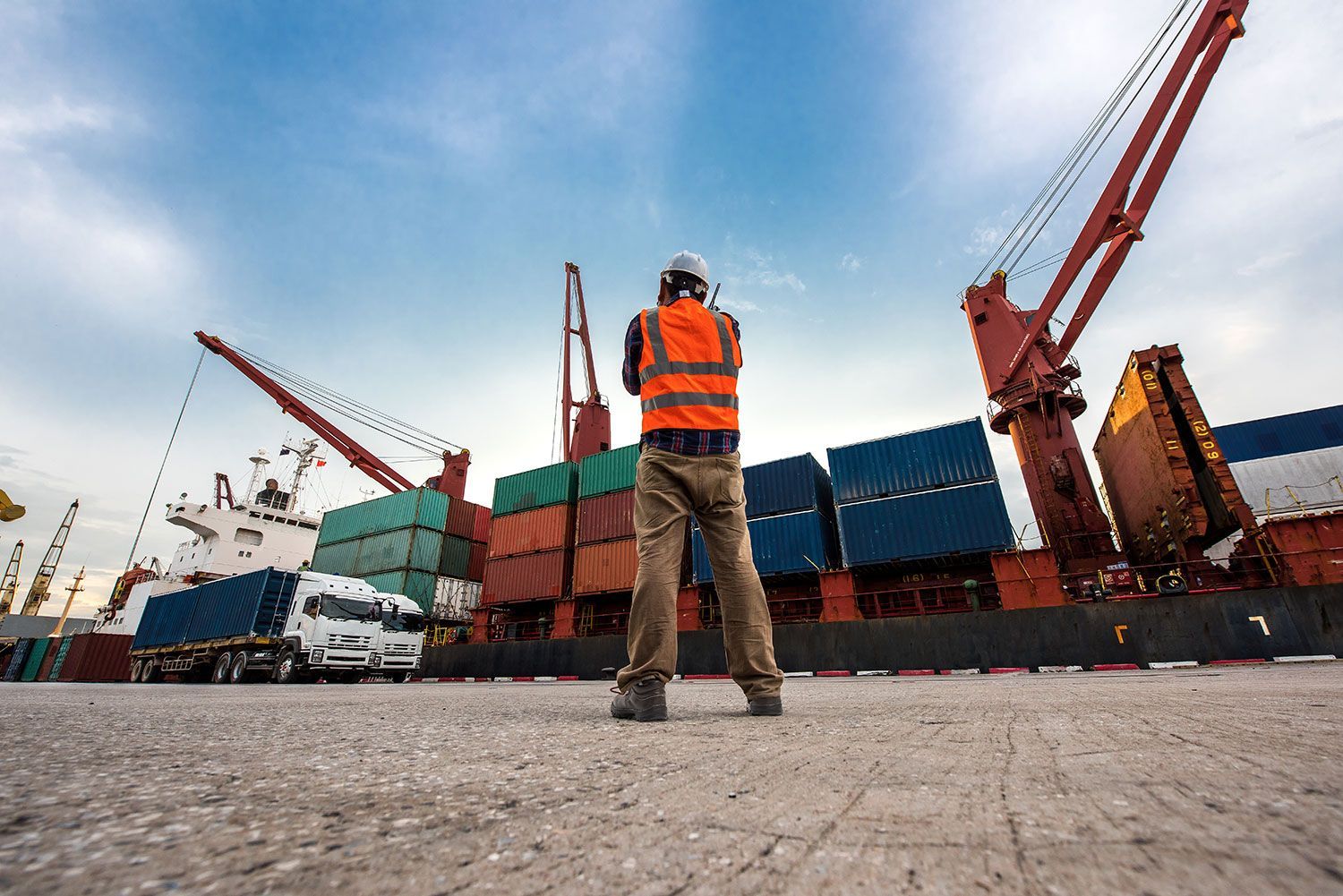
Freight forwarders are the unsung heroes of the global supply chain, working tirelessly behind the scenes to ensure that goods move seamlessly from one corner of the world to another.
In Brisbane, freight forwarders play a crucial role in connecting Australian businesses with global markets, managing the complexities of logistics, and solving problems in real time.
But what exactly does a day in the life of a freight forwarder look like?
Let’s take a look at the daily operations of a freight forwarder, exploring the challenges, problem-solving skills, and triumphs that come with this fast-paced profession.
Early Start - Coordinating Global Movements
The day for a Brisbane freight forwarder often starts early, well before the sun rises.
With Australia’s time zone difference from major global trade partners like the United States, Europe, and Asia, freight forwarders must work across multiple time zones to ensure that shipments are in motion. Mornings are spent reviewing shipment schedules, confirming bookings with airlines, shipping lines, and transport providers, and checking in with global partners.
For example, a shipment of medical supplies heading to Europe may need final clearance before leaving Brisbane via sea freight. The freight forwarder coordinates with local customs, prepares the necessary export documentation, and ensures the cargo is loaded onto the correct flight or vessel. Every hour is critical, and missing a deadline can cause significant delays and costs for the client.
Paperwork and Compliance
Freight forwarding is more than just moving goods – it’s about ensuring every detail is in place, particularly the paperwork.
A typical day involves managing customs documents, import/export licenses, certificates of origin, and insurance documents, all of which are required to ensure that shipments comply with both Australian and international regulations.
Brisbane’s freight forwarders need to stay updated on the latest compliance requirements. Whether it’s regulations for agricultural products or International Maritime Dangerous Goods (IMDG) code compliance for hazardous materials, attention to detail is key.
Freight forwarders work closely with customs brokers to make sure that goods clear the various checkpoints without a hitch. closely with customs brokers to make sure that goods clear the various checkpoints without a hitch.
Problem Solving - Handling the Unexpected
Despite being based on routine processes, logistics is not always predictable.
One of the most exciting yet challenging aspects of being a freight forwarder is the need to react quickly to unexpected events. A delay at Brisbane Port, a sudden customs hold, or even extreme weather conditions can throw off well-laid plans.
When things go wrong, the freight forwarder must act fast to find solutions, whether it’s rerouting shipments, expediting clearance, or arranging alternative transport.
Take, for instance, a delayed sea freight shipment arriving from China.
If the delay impacts the retailer’s stock levels, the freight forwarder might need to arrange emergency air freight to get a portion of the goods delivered faster while ensuring the rest of the cargo is still cleared and transported efficiently.
This adaptability and quick thinking are what make freight forwarding both a challenging and rewarding career. It’s about finding creative solutions to ensure that clients’ goods reach their destination on time despite the hurdles.
Client Communications - Keeping Everyone in the Loop
Communication is at the heart of freight forwarding. Throughout the day, the freight forwarder is in constant contact with clients, updating them on shipment status, potential delays, or any changes in the delivery schedule. In an industry where every minute counts, providing clients with real-time updates is essential to maintaining trust and ensuring smooth operations.
Brisbane freight forwarders pride themselves on delivering exceptional customer service. Whether they're providing real-time tracking through digital platforms or offering tailored solutions for specific client needs, the goal is always to keep clients informed and assured that their goods are in safe hands.
At Vision International Logistics, for example, the customer service team works closely with clients to address any concerns, provide shipping updates, and ensure that every shipment is handled with care and precision.
Managing the Global Network - Working with Partners Around the World
Freight forwarders in Brisbane rely on a vast network of global partners to move goods across borders. Managing these relationships is a key part of the job, as international freight forwarding requires constant coordination with overseas agents, shipping lines, airlines, and customs authorities.
Whether it’s booking space on a vessel or securing warehouse storage at an overseas location, freight forwarders act as the central point of contact for clients, ensuring their goods move through the global supply chain efficiently. Building and maintaining strong relationships with international partners is crucial to ensuring that goods reach their destination on time and in good condition.
Visit the Infrastructure Government Australia website to learn more about freight and transport in Australia.
Summary
The role of a Brisbane freight forwarder is dynamic and fast-paced, filled with both challenges and rewards. From ensuring compliance and managing unexpected delays to coordinating complex shipments across the globe, freight forwarders are at the core of every successful supply chain.
Their ability to solve problems, navigate global regulations, and deliver exceptional customer service makes them invaluable partners to businesses looking to expand their global reach.
At Vision International Logistics, we understand the importance of reliability and flexibility in freight forwarding. Our experienced team is committed to delivering tailored solutions for businesses, ensuring that every shipment arrives safely, on time, and in perfect condition.
Learn more about our freight forwarding services.
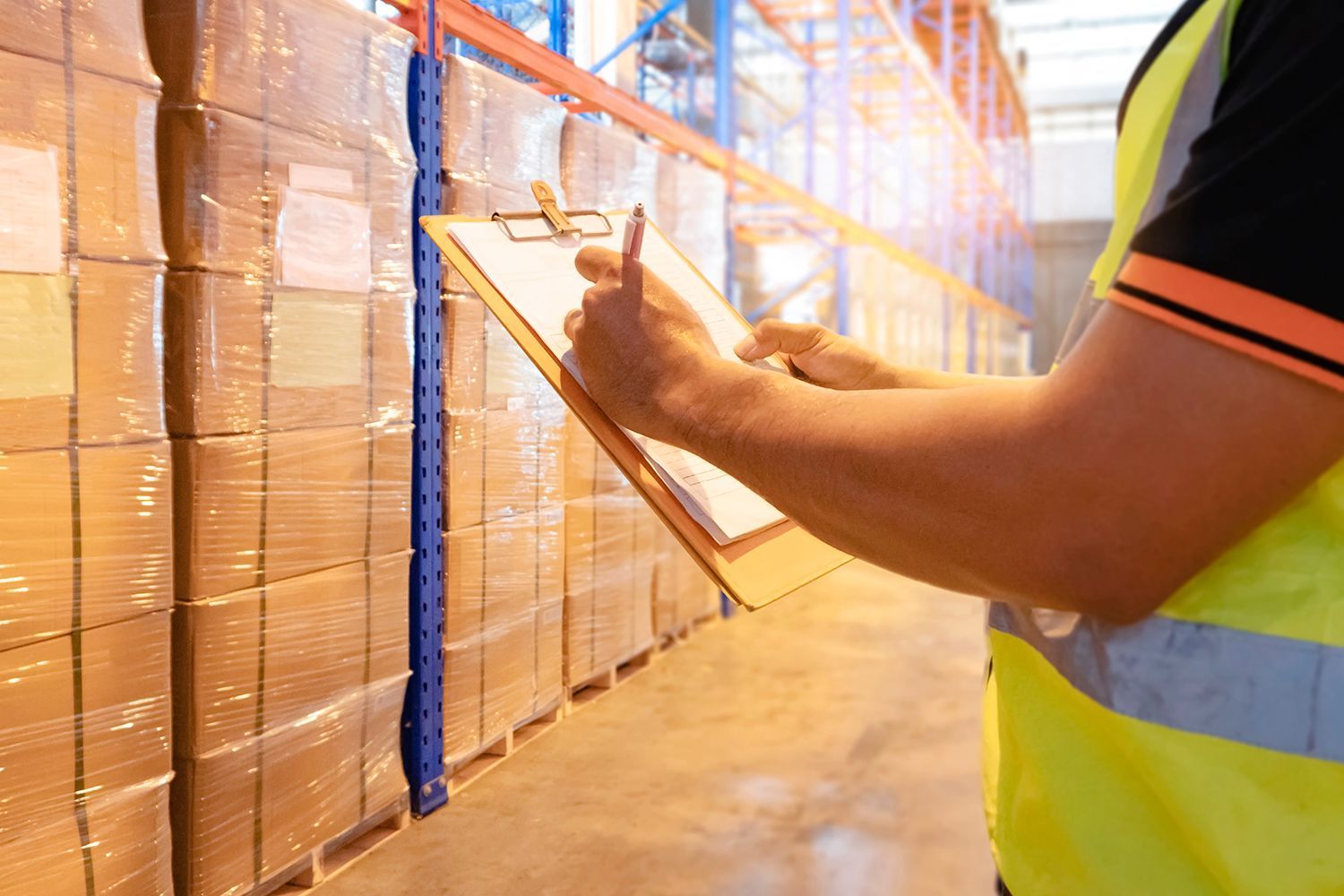
Australian Locations
Brisbane: +61 7 3866 7900
Sydney: +61 2 9700 1402
Sunshine Coast: +61 7 5471 7933
Quick LINKS
Our Services
Contact Information
729 -739 Macarthur Avenue Central Pinkenba Qld 4008
© 2024 All Rights Reserved | Vision International Logistics |
Privacy Policy
|
Standard Trading Conditions
| Website by
Octopus Digital
| Website Marketing by
Shark Digital

